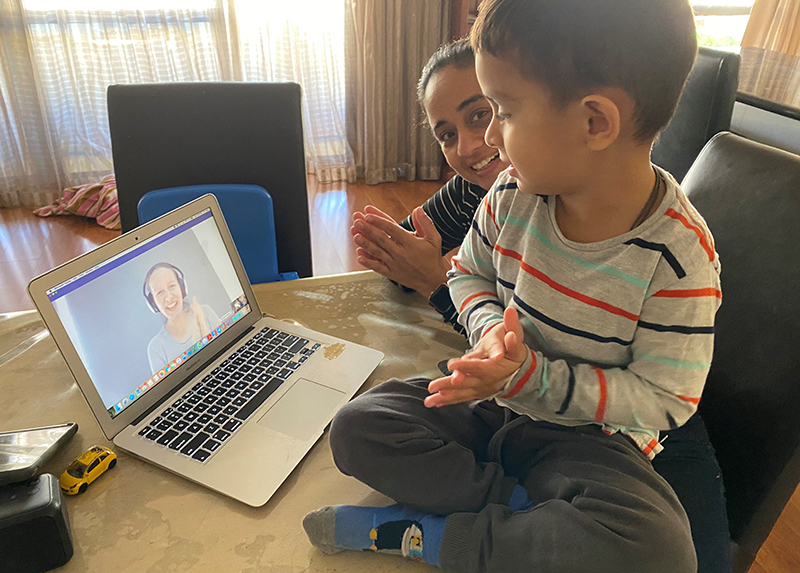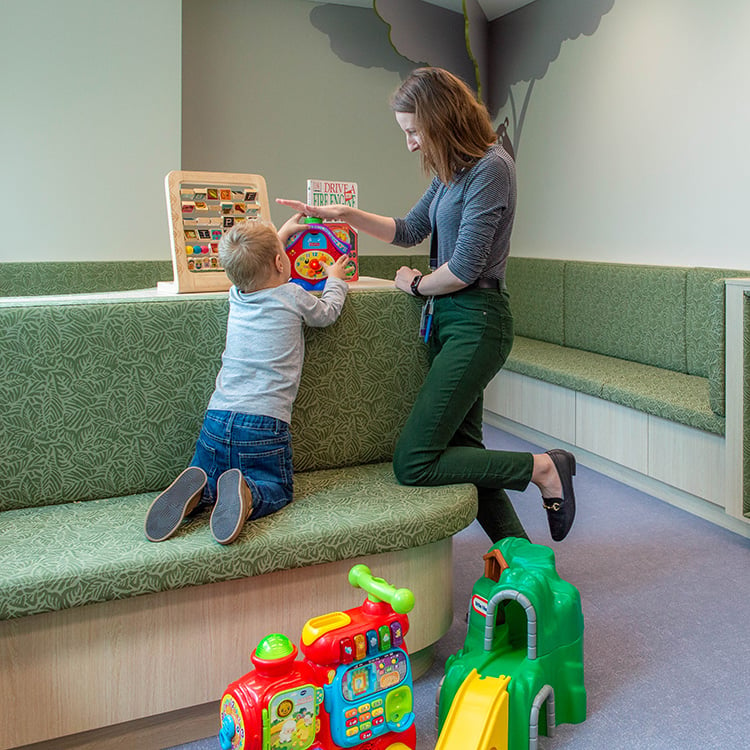Search
Research
Content validation of common measures of functioning for young children against the International Classification of Functioning, Disability and Health and Code and Core Sets relevant to neurodevelopmental conditionsYoung children who have developmental delay, autism, or other neurodevelopmental conditions can have difficulties doing things in different areas of their life. What they can and cannot do is called their level of functioning. There are lots of assessment measures that aim to assess functioning.
Research
Age of Diagnosis for Co-occurring Autism and Attention Deficit Hyperactivity Disorder During Childhood and Adolescence: a Systematic ReviewEarly identification and intervention are recognised as important elements of the clinical pathway for autism spectrum disorder (ASD). Children with ASD and attention deficit hyperactivity disorder (ADHD) may be diagnosed at a different age than children who only have one of these diagnoses.
Research
Brief Report: Facial Asymmetry and Autistic-Like Traits in the General PopulationAtypical facial morphology, particularly increased facial asymmetry, has been identified in some individuals with Autism Spectrum Conditions (ASC). Many cognitive, behavioural and biological features associated with ASC also occur on a continuum in the general population.

News & Events
WA duo recognised as world’s most frequent autism research collaborators of the decadeDirector of CliniKids, Professor Andrew Whitehouse, and Professor Murray Maybery, have been identified as the world’s most frequent autism research collaborators of the decade.

News & Events
CliniKids clinicians rise to the COVID-19 challengeThe CliniKids team has reimagined how allied health services for children with autism spectrum disorder or developmental delays are delivered.

News & Events
Starting or returning to school after the holidaysWe know many autistic children may be more sensitive to transitions so may need some extra supports at this time.

News & Events
Bathtime can mean more than just getting clean!In this new blog, Speech Pathology Lead Aria May explains how bathtime is a great opportunity to support social communication with your child.

Here you'll find a wealth of information and resources to help support your child.
Our team of world-class researchers and exceptional clinicians work in collaboration to provide children access to the very best evidence-based therapies and programs.

CliniKids provides therapy support and individualised programs to help children and families to reach their full potential.
